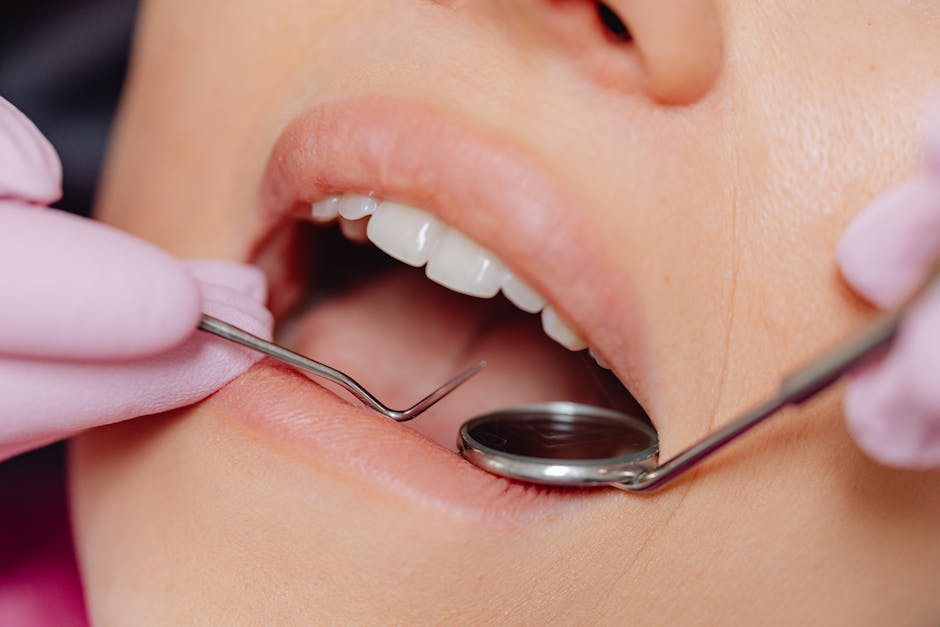Liver Health: The Importance of Regular Check-Ups
The liver is a vital organ that plays a crucial role in maintaining our body’s overall health. It is responsible for a variety of functions including detoxification, protein synthesis, and the production of biochemicals necessary for digestion. Despite its importance, liver health is often overlooked until problems become severe. This blog post aims to highlight the significance of regular liver check-ups and provide practical tips to keep your liver in top condition.
Understanding the Liver’s Role in the Body
The liver is the largest internal organ and has over 500 functions. Some of its key responsibilities include:
- Detoxification: The liver filters and processes toxins from the blood, breaking down harmful substances into harmless ones.
- Protein synthesis: It produces essential proteins that help in blood clotting and maintaining fluid balance.
- Bile production: The liver produces bile, which aids in the digestion and absorption of fats and vitamins in the small intestine.
- Storage of nutrients: It stores vitamins, minerals, and glycogen (a form of sugar) for energy.
Given these critical roles, maintaining liver health is vital for our overall well-being. Yet, many people neglect regular liver check-ups, which can lead to severe health issues if problems go undetected.
Why Regular Liver Check-Ups Are Essential
Regular liver check-ups are essential for early detection and prevention of liver diseases. Here are some compelling reasons to schedule routine liver screenings:
Early Detection of Liver Diseases
Liver diseases often progress silently without noticeable symptoms until they reach advanced stages. Conditions like fatty liver disease, hepatitis, and cirrhosis can be detected early through routine check-ups, allowing for timely intervention and better management.
Prevention of Severe Health Complications
According to the World Health Organization, liver diseases account for over 2 million deaths annually worldwide. Regular check-ups can help prevent complications such as liver failure, liver cancer, and the need for liver transplantation by identifying risk factors and implementing lifestyle changes early on.
Monitoring Liver Function
Regular liver function tests can help monitor the liver’s performance and detect abnormalities. These tests measure enzymes, proteins, and substances produced by the liver, providing valuable insights into its health and functionality.
Who Should Get Regular Liver Check-Ups?
While everyone can benefit from regular liver check-ups, certain groups should be particularly vigilant:
- Individuals with a family history of liver disease: Genetics can play a role in liver health. If liver disease runs in your family, regular check-ups are crucial.
- People with a history of alcohol use: Alcohol consumption is a major risk factor for liver disease. Regular screenings can help catch issues early.
- Those with obesity or diabetes: These conditions can increase the risk of non-alcoholic fatty liver disease.
- Individuals with a history of hepatitis: Hepatitis B and C infections can lead to chronic liver disease and should be monitored regularly.
Practical Tips for Maintaining Liver Health
In addition to regular check-ups, there are several lifestyle changes and habits you can adopt to support liver health:
Maintain a Balanced Diet
Eating a well-balanced diet rich in fruits, vegetables, whole grains, and lean proteins can promote liver health. Foods like garlic, turmeric, and green tea are known for their liver-friendly properties. Avoiding processed foods, excessive sugar, and unhealthy fats can also reduce liver stress.
Exercise Regularly
Regular physical activity helps maintain a healthy weight and reduces the risk of fatty liver disease. Aim for at least 150 minutes of moderate aerobic exercise or 75 minutes of vigorous exercise each week.
Limit Alcohol Intake
Alcohol is a leading cause of liver damage. If you choose to drink, do so in moderation. The Centers for Disease Control and Prevention (CDC) recommends no more than one drink per day for women and two drinks per day for men.
Avoid Toxins
Limit exposure to harmful chemicals and toxins, as they can damage liver cells. Use protective gear when handling chemicals, ensure proper ventilation, and choose natural cleaning products whenever possible.
Stay Hydrated
Drinking plenty of water helps the liver flush out toxins and perform its functions efficiently. Aim for at least eight glasses of water a day to stay hydrated.
How to Prepare for a Liver Check-Up
Preparing for a liver check-up involves a few simple steps to ensure accurate results:
- Fasting: Some liver function tests require fasting for 8-12 hours beforehand. Check with your healthcare provider for specific instructions.
- Medication and supplement disclosure: Inform your doctor about any medications, supplements, or herbal products you are taking, as they may affect test results.
- Health history: Be prepared to discuss your medical history, lifestyle habits, and any symptoms you may be experiencing.
The Role of Healthcare Providers in Liver Health
Healthcare providers play a pivotal role in maintaining liver health. They can offer guidance on lifestyle changes, provide vaccinations against hepatitis, and prescribe treatments for liver conditions. Regular consultations with your healthcare provider can help track liver health and make informed decisions about your well-being.
Conclusion
Liver health is a critical component of overall well-being, and regular check-ups are essential for early detection and prevention of liver diseases. By understanding the liver’s functions, knowing when to get screened, and adopting a liver-friendly lifestyle, you can significantly reduce the risk of liver-related complications. Prioritize your liver health today by scheduling a check-up and making the necessary lifestyle changes to support this vital organ.
Share this content:
About The Author
Discover more from J and J Fitness
Subscribe to get the latest posts sent to your email.





